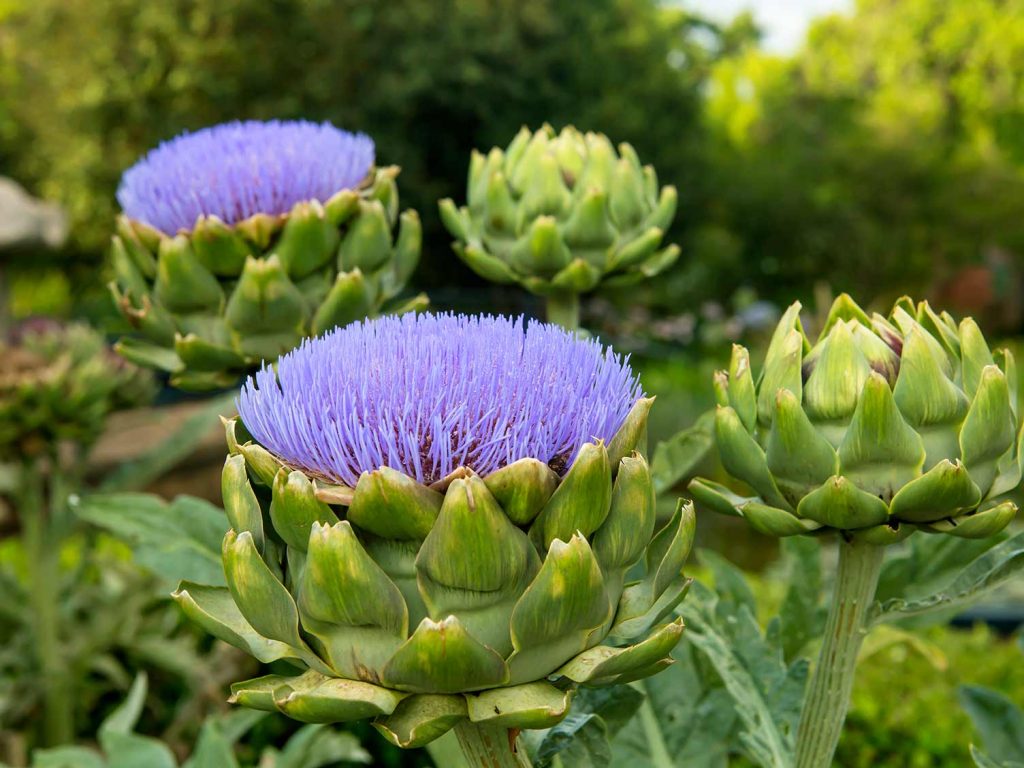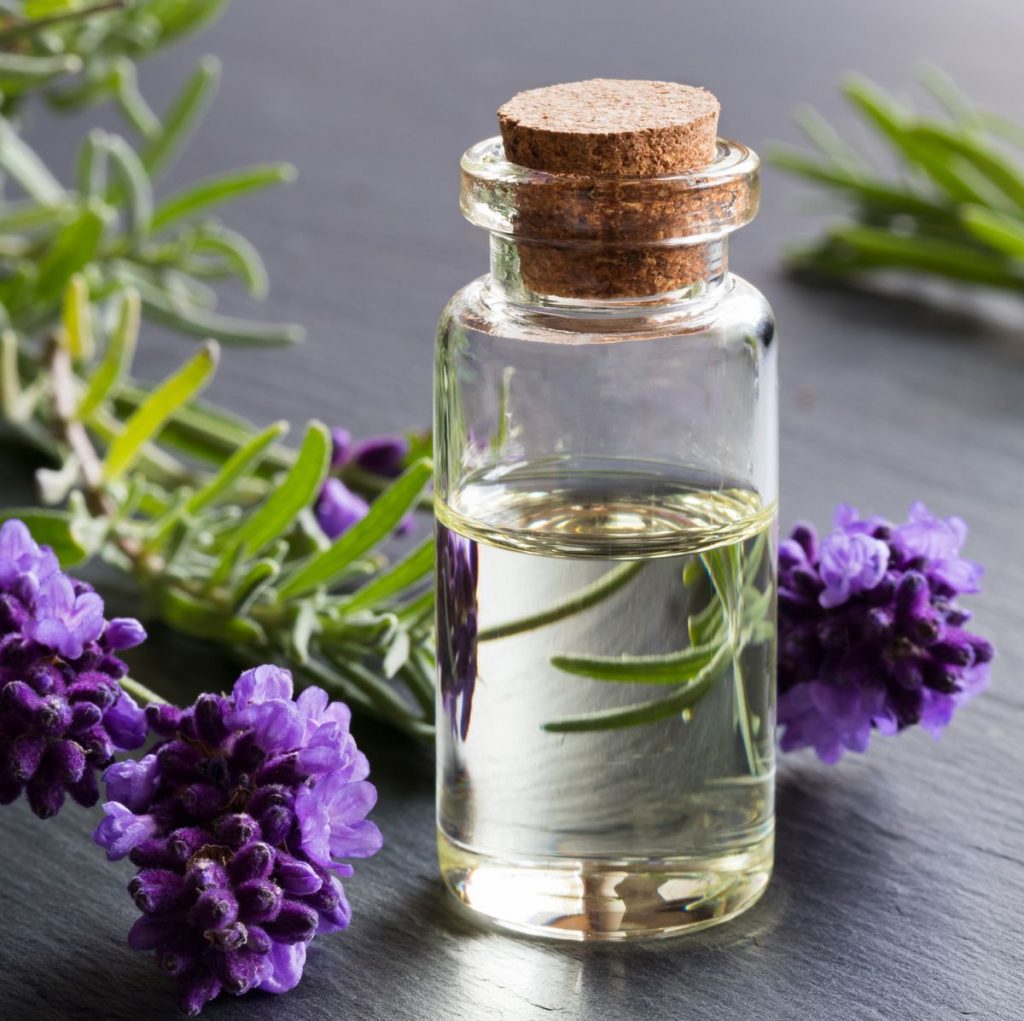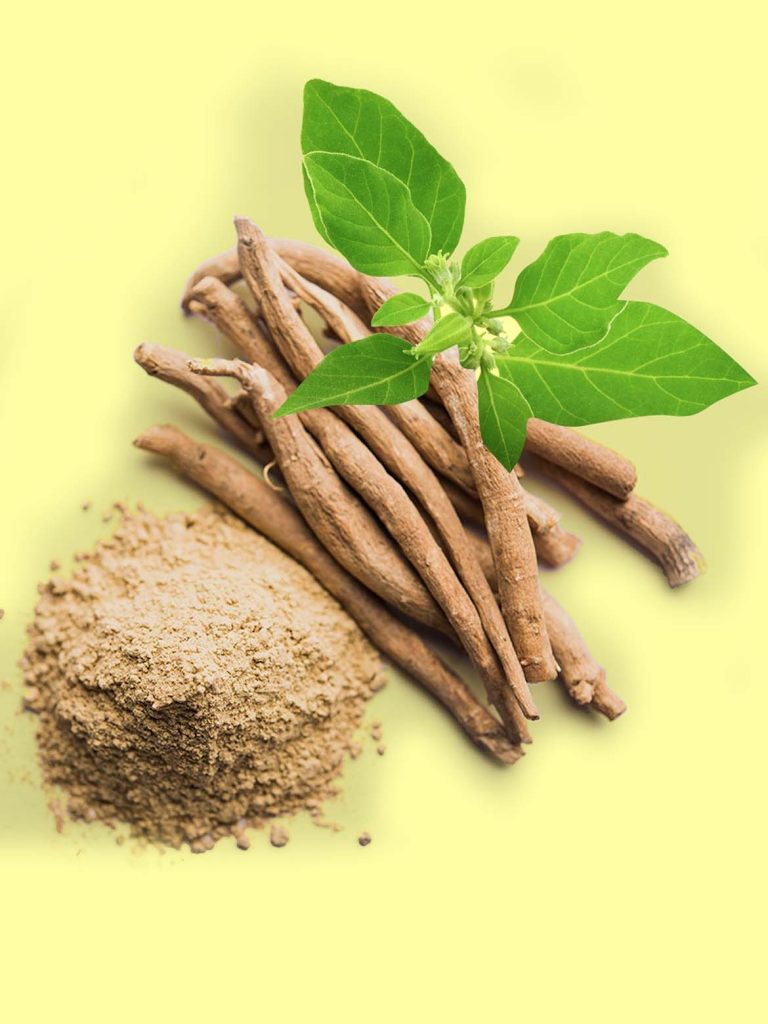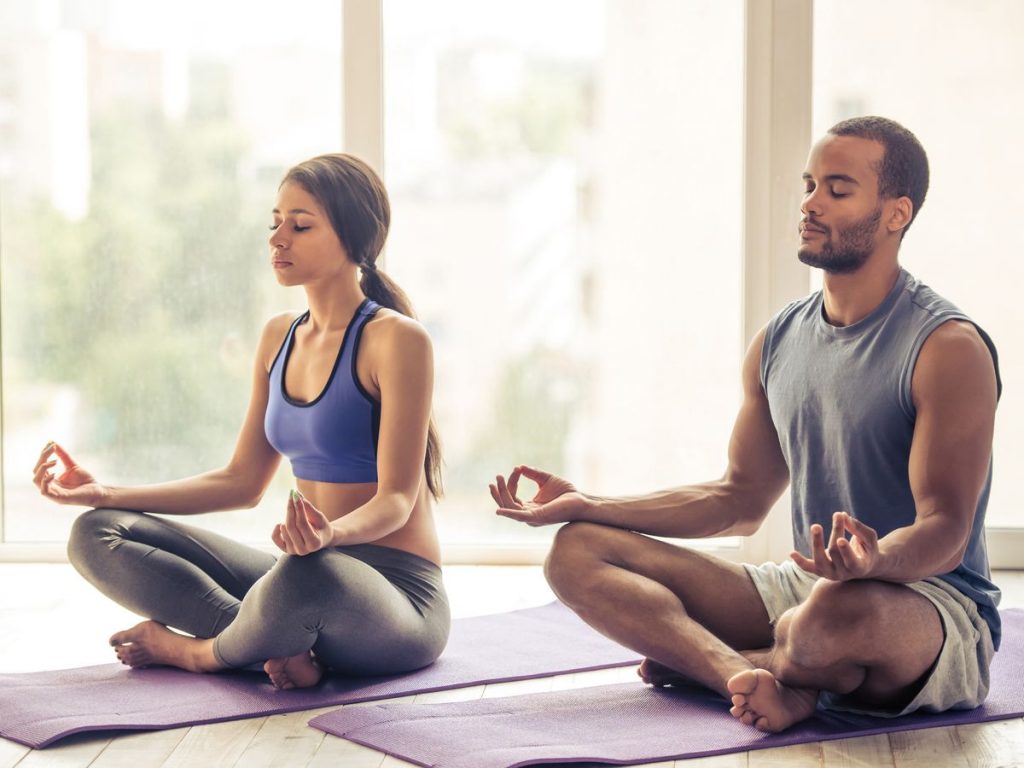“Discover 5 natural remedies for anxiety that actually work. From herbal supplements to essential oils, acupuncture, yoga, and mindfulness techniques. These proven natural remedies for anxiety will help you to reduce anxiety symptoms naturally and improve your overall well-being. Say goodbye to anxiety and hello to a calmer, more peaceful life. Start your journey to a stress-free life with our easy-to-follow guide today.”
Natural remedies for anxiety

Anxiety is a common mental health condition that affects millions of people around the world. It can manifest in a variety of ways, including feelings of worry, fear, and unease. Anxiety can also affect your sleep, appetite, and overall well-being.
Fortunately, there are natural remedies for anxiety that can help you reduce symptoms and improve your overall well-being. In this article, we will explore five natural remedies for anxiety that have been proven to be effective.
Herbal Supplements: Herbal supplements such as passionflower, kava, and valerian root have been used for centuries to reduce anxiety symptoms. These supplements work by calming the mind and promoting feelings of relaxation.
Essential Oils: Essential oils such as lavender, peppermint, and chamomile have been shown to be effective in reducing anxiety symptoms. These oils can be inhaled, massaged into the skin, or added to a bath for maximum benefit.
Acupuncture: Acupuncture is an ancient Chinese practice that involves the insertion of thin needles into specific points on the body. Studies have shown that acupuncture can be effective in reducing anxiety symptoms by promoting relaxation and reducing stress.
Yoga: Yoga is an ancient practice that combines physical postures, breathing techniques, and meditation. Yoga has been shown to be effective in reducing anxiety symptoms by promoting relaxation, reducing stress, and improving overall well-being.
Mindfulness Techniques: Mindfulness techniques such as meditation, deep breathing, and visualization have been shown to be effective in reducing anxiety symptoms. These techniques work by promoting relaxation and reducing stress. These are effective natural remedies for anxiety.
Essential oils for reducing anxiety

Essential oils have been used for centuries to help reduce stress and anxiety. These natural remedies for anxiety are derived from plants and can be used in a variety of ways, such as through aromatherapy, massage, or topical application.
One of the most popular essential oils for reducing anxiety is lavender. This oil is known for its calming and relaxing properties, and it is commonly used to help promote sleep and reduce feelings of stress and anxiety. Studies have found that the scent of lavender can help to lower heart rate and blood pressure, which can lead to a decrease in feelings of anxiety.
Another popular essential oil for anxiety relief is bergamot. This oil is extracted from the peel of the bergamot orange and is known for its calming and uplifting properties. It is believed to work by balancing the levels of hormones in the body, which can help to reduce feelings of stress and anxiety. Studies have found that the scent of bergamot can help to reduce symptoms of anxiety, such as nervousness and agitation.
Roman chamomile essential oil is also commonly used for anxiety relief. It has a calming and soothing effect, and it is believed to work by reducing the levels of cortisol, a stress hormone, in the body. Studies have found that chamomile oil can help reduce symptoms of anxiety, such as nervousness and irritability, as well as improve mood and cognitive function.
Ylang-ylang essential oil is another oil that can be used for anxiety relief. It is known for its calming and relaxing properties and is believed to work by decreasing the levels of cortisol in the body, which can help to reduce feelings of anxiety and improve mood. Studies have found that ylang-ylang oil can help reduce symptoms of anxiety, such as nervousness, agitation, and insomnia.
When looking for essential oils for anxiety relief, it’s important to remember that not all oils are created equal. Be sure to purchase from a reputable source, and always dilute the oil with a carrier oil before applying it to the skin. It’s also important to talk to your healthcare provider before using any new essential oil, especially if you are currently taking any medications.
In summary, essential oils such as lavender, bergamot, Roman chamomile, and ylang-ylang have been traditionally used for reducing anxiety. These oils have calming and relaxing properties and can help in reducing the symptoms of anxiety, such as nervousness, agitation, and insomnia. However, it is always advisable to consult a healthcare professional before using any new essential oil and also use them safely by diluting them with a carrier oil.
Acupuncture for anxiety treatment

Acupuncture is a traditional Chinese medicine technique that involves the insertion of thin needles into specific points of the body. This also includes one of the natural remedies for anxiety, It is believed to help balance the body’s energy or qi, and promote healing. In recent years, acupuncture has been studied as a treatment and also one of the natural remedies for anxiety and has been found to be effective in reducing symptoms.
Anxiety is a common condition that affects millions of people worldwide, and it can be caused by a variety of factors, such as stress, genetics, and medical conditions. Anxiety can manifest as physical symptoms, such as a racing heart, sweating, and muscle tension, as well as emotional symptoms, such as fear, worry, and nervousness. Conventional treatment options for anxiety include therapy, medication, and lifestyle changes, but some people may find relief from acupuncture.
Acupuncture works by stimulating specific points on the body, known as acupoints. These points are located along pathways called meridians, which are believed to carry the body’s energy. By inserting needles into these points, the practitioner can help to balance the body’s energy and reduce symptoms of anxiety.
Several studies have found that acupuncture can be effective in reducing symptoms of anxiety. One study found that acupuncture was as effective as medication in reducing symptoms of generalized anxiety disorder. Another study found that acupuncture was effective in reducing symptoms of post-traumatic stress disorder.
Acupuncture is considered safe when performed by a trained practitioner. There is a minimal risk of serious side effects and it is relatively painless. It’s always important to check the practitioner’s qualifications and experience before receiving the treatment.
In conclusion, acupuncture is an alternative treatment option for anxiety that has been found to be effective in reducing symptoms. It is a safe and relatively painless treatment, and it can be used alone or in conjunction with other treatments. However, it’s always important to check the practitioner’s qualifications and experience before receiving the treatment and also to consult with a healthcare professional to see if it is suitable for your specific case.
Herbal supplements for anxiety relief

Herbal supplements have long been used to help alleviate the symptoms of anxiety. These natural remedies for anxiety can be a safe and effective alternative to prescription medications, and they can be used alone or in conjunction with other treatments.
One of the most popular herbal supplements for anxiety relief is ashwagandha. This ancient herb, which is native to India, has been used for centuries to help reduce stress and anxiety. It is believed to work by decreasing the levels of cortisol, a stress hormone, in the body. Studies have found that ashwagandha can help reduce symptoms of anxiety, such as nervousness and irritability, as well as improve mood and cognitive function.
Another popular herb for anxiety relief is passionflower. This herb is believed to work by increasing the levels of GABA, a neurotransmitter that helps to calm the nervous system. Studies have found that passionflower can help reduce symptoms of anxiety, such as nervousness and agitation, as well as improve sleep quality.
Valerian root is also commonly used for anxiety relief. It is believed to work by increasing the levels of GABA in the brain, which can help to reduce feelings of anxiety and improve sleep. Studies have found that valerian root can help reduce symptoms of anxiety, such as nervousness, restlessness, and insomnia.
Lemon balm is another herb that can be used for anxiety relief. It is believed to work by decreasing the levels of cortisol in the body, which can help to reduce feelings of anxiety and improve mood. Studies have found that lemon balm can help reduce symptoms of anxiety, such as nervousness, agitation, and insomnia.
When looking for herbal supplements for anxiety relief, it’s important to remember that not all supplements are created equal. Be sure to purchase from a reputable source, and always talk to your healthcare provider before taking any new supplement, especially if you are currently taking any medications.
In summary, herbal supplements such as ashwagandha, passionflower, valerian root, and lemon balm have been traditionally used for anxiety relief. These herbs can help in reducing the symptoms of anxiety, such as nervousness, agitation, and insomnia. However, it is always advisable to consult a healthcare professional before taking any new supplement.
Yoga for managing anxiety symptoms

Yoga is a form of exercise that combines physical postures, breathing techniques, and meditation. It has been used for thousands of years to help promote physical and mental well-being. In recent years, yoga has been studied as a treatment for anxiety and has been found to be effective in managing symptoms.
Anxiety is a common condition that affects millions of people worldwide, and it can be caused by a variety of factors, such as stress, genetics, and medical conditions. Anxiety can manifest as physical symptoms, such as a racing heart, sweating, and muscle tension, as well as emotional symptoms, such as fear, worry, and nervousness. Conventional treatment options for anxiety include therapy, medication, and lifestyle changes, but some people may find relief from yoga.
Yoga works by promoting relaxation and reducing stress through the use of physical postures, breathing techniques, and meditation. The physical postures, also known as asanas, help to stretch and strengthen the body, which can help to reduce muscle tension and promote relaxation. The breathing techniques, also known as pranayama, help to calm the mind and reduce anxiety. Meditation helps to focus the mind and reduce distracting thoughts, which can help to reduce anxiety.
Several studies have found that yoga can be effective in managing symptoms of anxiety. One study found that a yoga program that included physical postures, breathing techniques, and meditation was effective in reducing symptoms of generalized anxiety disorder. Another study found that a yoga program that included physical postures and breathing techniques was effective in reducing symptoms of post-traumatic stress disorder.
Yoga is generally considered safe when performed under the guidance of a trained instructor. It’s always important to check the instructor’s qualifications and experience before joining a class. It’s also important to talk to your healthcare provider before starting a yoga practice, especially if you have any medical conditions or injuries.
In conclusion, yoga is an alternative treatment option for anxiety that has been found to be effective in managing symptoms. It promotes relaxation and reduces stress through the use of physical postures, breathing techniques, and meditation. Yoga is generally considered safe when performed under the guidance of a trained instructor, and it can be used alone or in conjunction with other treatments. However, it’s always important to check the instructor’s qualifications and experience before joining a class and to consult with a healthcare professional to see if it is suitable for your specific case.
Mindfulness techniques for anxiety relief
Mindfulness is the practice of being present at the moment, paying attention to your thoughts, feelings, and physical sensations without judgment. It has been found to be effective in reducing symptoms of anxiety, which is a common condition that affects millions of people worldwide. It also includes one of the natural remedies for anxiety. Anxiety can manifest as physical symptoms, such as a racing heart, sweating, and muscle tension, as well as emotional symptoms, such as fear, worry, and nervousness. Mindfulness techniques can be used as an alternative or complementary treatment for anxiety, along with therapy, medication, and lifestyle changes.
One popular mindfulness technique for anxiety relief is the body scan. This technique involves lying down or sitting comfortably and focusing your attention on each part of your body, starting from the top of your head and moving down to your toes. As you focus on each part of your body, you notice any sensations, such as tension or discomfort, and you release them with a deep breath. The body scan can help to reduce muscle tension and promote relaxation.
Another popular mindfulness technique is breathing meditation. The breathing technique is a very effective and sensible process that includes the natural remedies for anxiety. This technique involves focusing your attention on your breath and noticing the sensation of the breath entering and leaving your body. You can also count your breath, such as counting 1 as you breathe in, 2 as you breathe out, and so on. This technique can help to calm the mind and reduce anxiety.
Mindfulness-based stress reduction (MBSR) is another technique that combines mindfulness with yoga and meditation. It is an eight-week program that teaches participants how to cultivate mindfulness in their daily lives. Studies have found that MBSR is effective in reducing symptoms of anxiety, such as worry, nervousness, and agitation.
It’s important to remember that mindfulness is a skill that needs to be practiced regularly to be effective. Even a few minutes of mindfulness practice per day can make a difference in managing anxiety symptoms. It’s also important to remember that mindfulness is not a replacement for professional help, and it’s always advisable to consult with a healthcare professional to see if it is suitable for your specific case.
In conclusion, Mindfulness techniques such as body scans, breathing meditation, and MBSR (Mindfulness-based stress reduction) have been found to be effective in reducing symptoms of anxiety. Mindfulness can be a helpful tool to manage anxiety symptoms and can be used as an alternative or complementary treatment along with therapy, medication, and lifestyle changes. However, it’s important to remember that mindfulness is a skill that needs to be practiced regularly, and it’s always advisable to consult with a healthcare professional to see if it is suitable for your specific case.
